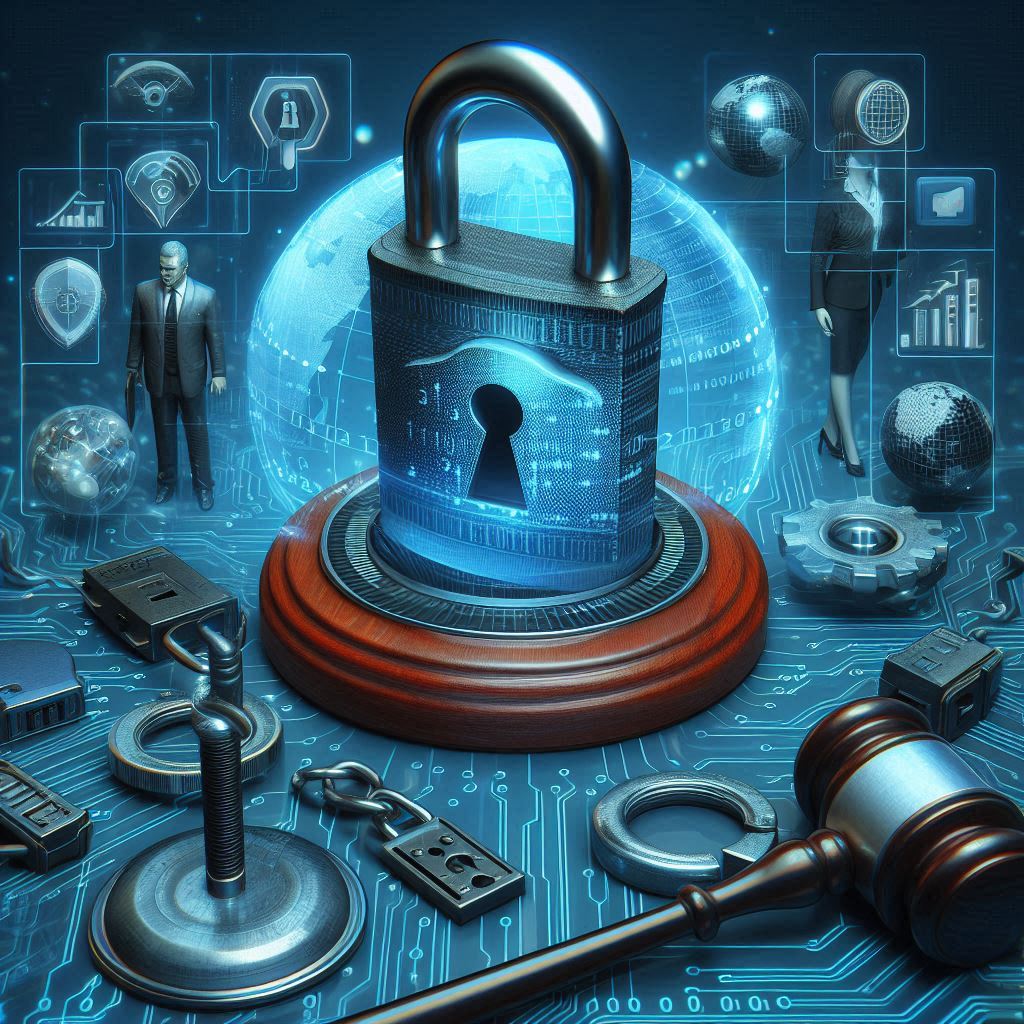Digital Privacy and Data Ownership

In today’s digital age, data has become one of the most valuable assets. From social media interactions to online purchases, every click and keystroke generates data that can be collected, analyzed, and monetized. But who really controls this data? This question is at the heart of the ongoing debate about digital privacy and data ownership. (Digital Privacy and Data Ownership)
The Value of Personal Data
Personal data is the new oil. It fuels the digital economy, enabling companies to tailor their services, target advertisements, and improve user experiences. However, this data is often collected without explicit consent, leading to concerns about privacy and ownership. The value of personal data is immense, and its misuse can have significant consequences, from identity theft to unauthorized surveillance. (Digital Privacy and Data Ownership)
Who Owns Your Data?
The concept of data ownership is complex. Legally, data ownership refers to the rights and responsibilities associated with data. In many cases, the entities that collect data—such as tech companies, social media platforms, and online retailers—are considered the owners. They have the right to use, share, and sell this data, often without the explicit consent of the individuals from whom the data was collected1. (Digital Privacy and Data Ownership)

However, this traditional view of data ownership is being challenged. Increasingly, there is a push for individuals to have more control over their personal data. This shift is driven by growing awareness of privacy issues and the implementation of data protection regulations like the General Data Protection Regulation (GDPR) in Europe2. (Digital Privacy and Data Ownership)
The Role of Regulations
Regulations play a crucial role in defining data ownership and protecting privacy. The GDPR, for example, grants individuals the right to access their data, request corrections, and demand deletion. It also requires companies to obtain explicit consent before collecting and processing personal data3. These regulations aim to give individuals more control over their data and ensure that it is used responsibly. (Digital Privacy and Data Ownership)
In the United States, the California Consumer Privacy Act (CCPA) provides similar protections, allowing consumers to know what personal data is being collected, request deletion, and opt-out of the sale of their data4. These regulations represent a significant step towards recognizing individuals as the true owners of their data. (Digital Privacy and Data Ownership)
The Future of Data Ownership
As technology continues to evolve, so too will the concept of data ownership. Emerging technologies like blockchain offer new ways to manage and protect personal data. Blockchain can provide a decentralized and secure method for individuals to control their data, ensuring that it is only shared with trusted parties and used for authorized purposes5. (Digital Privacy and Data Ownership)
Moreover, there is a growing movement towards data portability, which allows individuals to transfer their data from one service provider to another. This empowers users to take control of their data and choose services that prioritize privacy and security.
Conclusion
The debate over digital privacy and data ownership is far from settled. As individuals become more aware of the value of their personal data, the demand for greater control and transparency will continue to grow. Regulations like the GDPR and CCPA are important steps in this direction, but more needs to be done to ensure that individuals truly own their data.
In the end, the question of who controls your data is not just a legal or technical issue—it is a matter of trust. Companies that prioritize transparency, consent, and security will be better positioned to earn and maintain the trust of their users. As we navigate the complexities of the digital age, it is crucial to remember that data ownership is not just about control—it’s about respecting the rights and privacy of individuals.

Social Media handles (Facebook, Linkedin, Twitter
Go to our Website for News and Articles: https://informtoyou.com/


